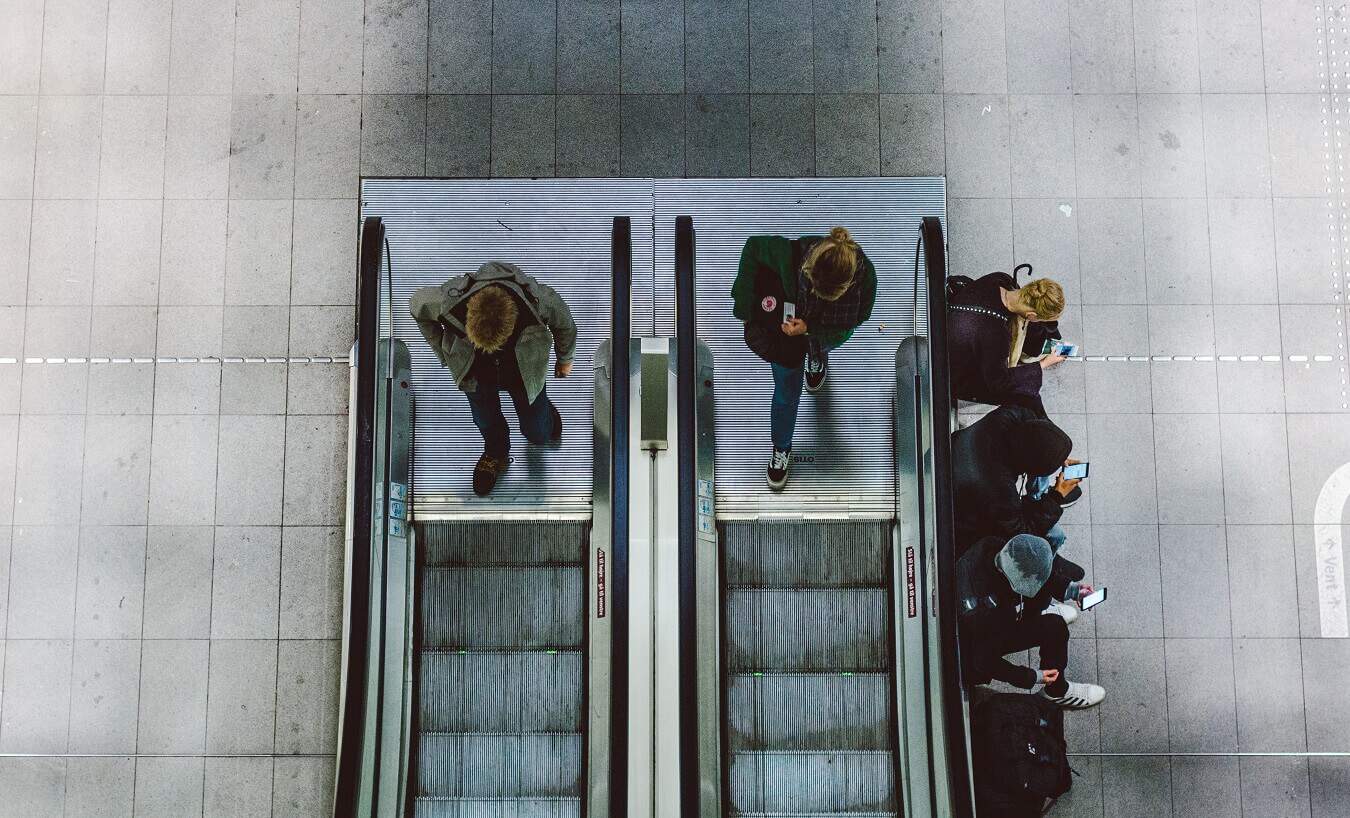Ideas for Relating with Friends Who Are Not on Social Media
One report shows that roughly 80% of Americans are on a Social Media platform. It may seem as though everyone that you know is active on some form of social media. It is important for the purpose of this article to first consider the difference in being an active user or simply having an account. The fact is, many people that you know who have social media accounts are not really all that actively involved in checking, posting, liking and the sort.
With that being said, I want to provide food for thought, rules of etiquette if you will, for relating to friends who are not actively involved (or do not have an account) on social media. These are realities and requests that, I think, are often forgotten in our social media culture. So, here are four rules of etiquette when you have relationship with someone who is not on social media.
- Remember; Some people choose not to be involved with social media for very good reasons. Listen to them rather than simply dismissing their concerns.
I understand the argument that social media is a good tool to stay “in touch with friends and family that do not live close by. We get to see pictures of that baby niece or nephew. A far away friend is going through difficult medical issues and social media is an easy way to get updates. It is also a very good business marketing tool. Those uses are valid. However, research from the last few years makes it very clear that social media has many more negative effects on relationships and even our brains than the few positive benefits we think we are receiving.
Depression, Anxiety and other mental health concerns are directly correlated to how much time one spends on social media. I think the most interesting find is that people who spend more time on social media actually feel more isolated than those who spend less or no time. That is ironic (don’t you think?).
The effects are even more devastating for younger brains. More than one study convincingly shows a direct link between the sharp rise in mental health issues in children and teens and the use of smart phones in general and specifically social media.
A quick search of YouTube will produce many experts, celebrities and others who have decided to extract social media from their lives for good, for their health.
So make your choice, but please do not dismiss the concerns of those in your life who decide live social media free lives.
- If you have an important announcement or invitation, do not assume every one will see it if you post it on a social media platform.
This one is pretty straight forward. Social media has made it very easy to broadcast your life to the world. It is easy to put cute announcements on your page and assume that the whole world sees your good news. However, you probably have at least a few people in your life who would really love to share in your joy or grieve with you in your heartache but have not seen your news flash across their screen.
Don’t forget to connect with those folks. They may actually be the ones with more time and ability to deeply join with your joy or grief. Remember, a heart emoji or some other typed condolence or fill in the blank congratulations is not actually a deep human connection.
- When discussing important issues (politics, world affairs, religion, opinion), please have original thought rather than simply regurgitating what you read on social media.
By now, most people understand that you cannot trust everything that you read on social media… Right? Well, if you do not know that yet, please understand that it is very, very easy to post false information on social media outlets. Many people who are not engaged on social media have immediate doubt when someone says “I read it on (insert social media outlet)”. So when talking with your social media free friends, have more to say than what you read/see on social media. Trust me, it will work out better in the long run.
- If someone talks about your friend – either positively or negatively- on social media, let your friend know. If necessary, stand up for your friend.
One strange phenomena with social media and other screen assisted modes of communication (text, email, etc.) is that the part of the brain that says “Maybe I shouldn’t say that…” is largely unresponsive. When speaking negatively – or positively – to someone face to face, we get to read their facial expression and body language. This allows us to immediately calculate our next words and stop talking if we see pain, fear or anger in that person.
When we are typing a comment to or about someone on social media (or other modes) we do not get the benefit of real time connection with a person. Therefore, we feel more free to say anything that comes to mind with little regard for consequence.
That being said, if you see that one of your “connections” is making comments about a friend of yours who is social media free, please do not let that go unnoticed. Either make that known to the friend who would not know about it or if necessary, stand up for that friend and let the person know that their comments are inappropriate (cowardly?). Your friend will appreciate it.
Please give these suggestions some consideration. It is hard for some to remember that there are those who do not interact with or through social media. But we are out there. And we still want to be in real, authentic relationship.
Last thing – Could someone post this on Facebook?
Written by Chris Giles, M.S.

